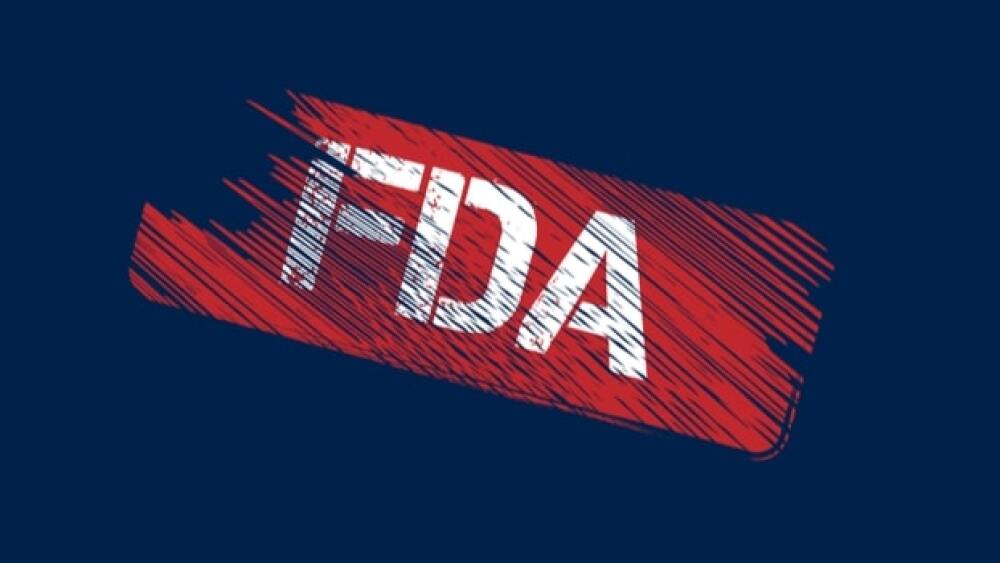The U.S. Food and Drug Administration (FDA) granted vTv Therapeutics’ TTP399 Breakthrough Therapy designation for type 1 diabetes. This designation provides companies more support and the possibility of shorter development and review timelines.
The U.S. Food and Drug Administration (FDA) granted vTv Therapeutics’ TTP399 Breakthrough Therapy designation for type 1 diabetes. This designation provides companies more support and the possibility of shorter development and review timelines.
TTP399 is being developed as an adjunctive therapy to insulin for type 1 diabetes. It is a novel, oral, once-daily glucokinase activator.
The Breakthrough Therapy designation was based on recent positive data from the Phase II SimpliciT-1 Study. The company published results from the study in the American Diabetes Association’s Diabetes Care journal on February 23. The trial was run in two parts under a treat-to-target protocol to study the drug’s safety and efficacy in T1D patients over 12 weeks of daily dosing after a multi-week insulin optimization and placebo run-in period.
The data demonstrated that treatment with 800mg of TTP399 resulted in statistically significant decreases in HbA1c. It also showed a clinically relevant reduction by about 40% in the frequency of severe or symptomatic hypoglycemia (low blood sugar levels) compared to placebo. Abnormal serum and urine ketone levels were also observed less frequently in the TTP399 cohort than in the placebo cohort.
“An adjunctive therapy that protects against the main acute, life-threatening complications of type 1 diabetes while maintaining or improving glycemic control would represent a substantial advancement in clinical standard of care,” said Carmen Valcarce, vTv’s chief scientific officer. “The data presented in this publication support our enthusiasm and our commitment to continuing the development of TTP399 as an oral adjunctive therapy to insulin in T1D.”
vTV plans to present the data at A Scientific Symposium: in celebration of the 100th anniversary of the University of Toronto’s discovery of insulin, which will be held virtually, April 15 and 16, 2021.
“The FDA Breakthrough Therapy designation is an important milestone in the development of TTP399 for the treatment of type 1 diabetes, a serious, life threatening, and life-long condition impacting the day-to-day lives of more than a million Americans,” said Steve Holcombe, vTv’s chief executive officer. “Hypoglycemia remains a leading cause of morbidity and potential mortality in the treatment of type 1 diabetes. Patient and prescriber fear of hypoglycemia often precludes tight glycemic control and this FDA designation highlights the potential of TTP399 to address this serious unmet medical need. We look forward to working with the FDA as we advance the development of TTP399, and in particular as we begin pivotal trials later this year.”
Type 1 diabetes is an autoimmune disease. In this illness, an individual’s pancreas stops producing insulin. The cause is the body’s immune system attacking and destroying the insulin-producing cells in the pancreas, known as beta cells. Its onset, unlike type 2 diabetes, has nothing to do with diet or lifestyle. At this time, there is nothing that can be done to prevent or cure type 1 diabetes.
Type 2 diabetes is a long-term, chronic condition that is an impairment of how the body regulates and uses sugar. There are generally two causes, the pancreas does not produce enough insulin, and the cells respond poorly to it and take in less sugar.
At one time, type 1 diabetes was called juvenile or childhood diabetes, and type 2 diabetes was called adult-onset diabetes. However, type 2 diabetes can occur at any time and is linked to obesity. Type 2 diabetes has no cure, and there are alternatives to insulin, although some type 2 diabetic patients progress to insulin. Losing weight, eating well, and exercising can help manage type 2 diabetes.





